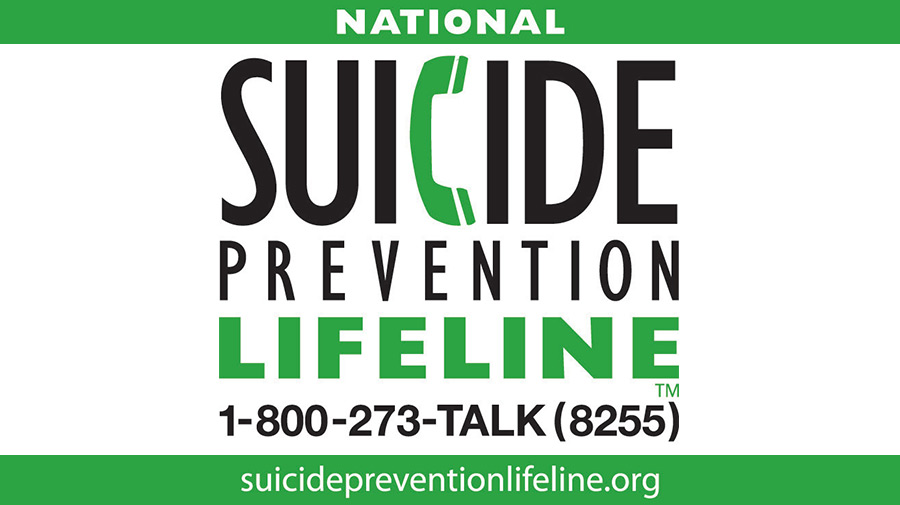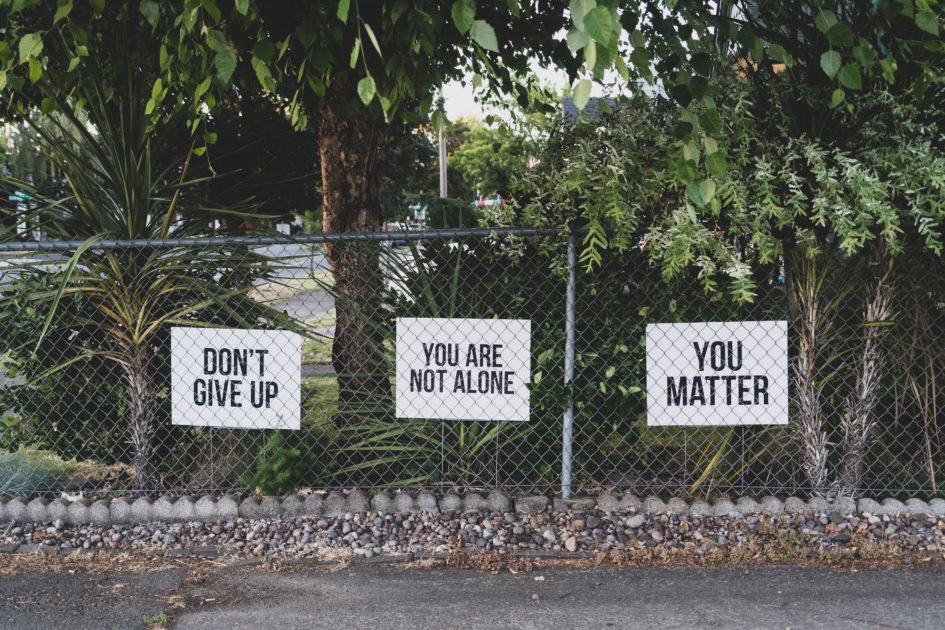According to ActiveMinds.org, suicide is the second leading cause of death of students.
College is stressful for a lot of reasons. You’re figuring out who you are, you’re focusing on your classes, your job(s), your relationships, your family, and every other little thing that’s swimming through your mind.
Dealing with a mental illness on top of all that makes life significantly more difficult, and in honor of National Suicide Prevention Month, I think we should talk about the struggle.
39 percent of college students experience a significant mental health issue, and two-thirds of students with anxiety or depression don’t seek treatment, according to ActiveMinds.org.
One of the biggest reasons for the lack of seeking treatment, I think, is the stigma around talking about your mental health in a serious way.
For many of us, we joke about it.

We tweet about our 14-hour depressive nights, slapping an “lol” at the end so it doesn’t seem like a big deal; we passingly talk about how we didn’t go to class because we couldn’t get out of bed; we joke about the scars on our wrists and how they gave us reasons to get tattoos because we want them to be invisible.
We aren’t serious enough about any of it anymore, and it’s time that we get serious about it.
We need to talk about it with our friends, with our colleagues, and with our families, because the more serious we get about it, the more real it will become, and the easier it will be to finally get past this stigma.
We need to pay attention to what our friends are tweeting and what they’re talking about. We need to ask them how they’re doing. We need to check in on those we haven’t seen in awhile and we need to acknowledge mental illness.
But we also need to take care of ourselves, and in a lot of ways, that can be a lot harder.

Talk to your friends. Take a night off. Indulge in self care.
But most importantly, go get help.
There are a couple of very useful resources available to students to
The university’s Center for Health and Wellness (CHW) offers free unlimited counseling sessions to students enrolled in at least one course. Appointments can be made by calling the CHW at 614-236-6114 or emailing chw@capital.edu. The CHW also has crisis hours from 9-10 a.m. Monday through Friday.
The CHW also offers group counseling sessions for students who may be feeling alone, seeking outside perspective, struggling with relationships, or are craving connection.
More information about the CHW’s counseling services can be found at capital.edu/counseling.
Another resource is the National Suicide Prevention Lifeline. To speak to a trained crisis worker at any hour of any day, call 1-800-273-8255.


